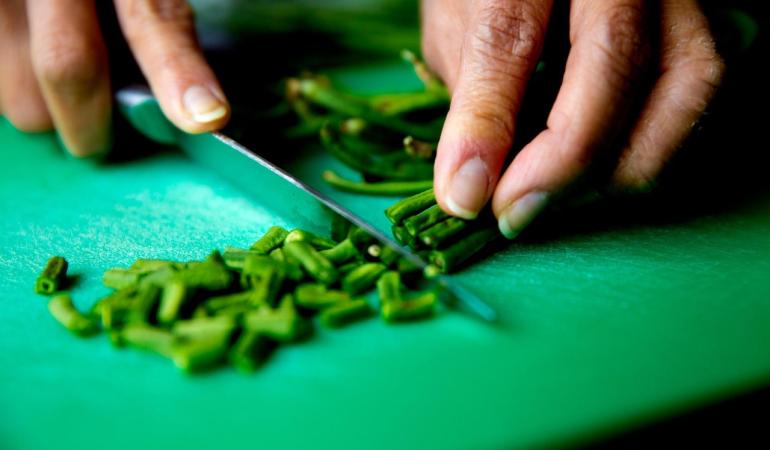
In 2021, the Netherlands Food and Consumer Product Safety Authority (NVWA) and the Municipal Public Health Service (GGD) received 14% more reports of outbreaks of food-related infections than in 2019. There was even an increase of 50% compared to 2020, but the number of infections was much lower at that time. This is probably connected with the coronavirus measures and advice, such as washing hands and the closure of the catering industry. This effect seems to have disappeared in 2021, even though people are cooking at home more often than before the coronavirus epidemic and more outbreaks are being reported in the home situation.
Number of food-related outbreaks increases to 838
In 2021, the NVWA and the GGD registered 838 outbreaks of food-related infections and incidences of poisoning, causing 3,517 people to fall ill. In 2020, there were 559 outbreaks, with 1,907 people falling ill. And in 2019, there were 735 outbreaks, with 3058 people falling ill. The main causes of all these infections and incidences of poisoning remain the same: in 2021, Campylobacter, Salmonella and norovirus were again the main causes.
Food-related outbreaks
People can get sick from food if it is infected with pathogens. If two or more people get sick because of the same food, we call this a food-related outbreak. Doctors and laboratories must report these outbreaks to the GGD. People who suspect that they have become ill due to food can also report this to the NVWA themselves. The figures given are lower than the actual number of food-related outbreaks and the number of people falling ill as a result. This is because not everyone visits their GP or informs the NVWA, for example. The actual number of people falling ill as a result of food-related infections in the Netherlands was estimated at around 600,000 last year.
A clean kitchen prevents infections
In 2021, outbreaks in which the food was prepared at home were reported more frequently than in previous years. You can often prevent food-related infections by working hygienically in the kitchen. This means washing your hands before cooking, cooking the food properly and using different cutting boards and knives for raw and cooked food.
Research by the NVWA, WFSR and GGDs
The NVWA and GGDs investigate outbreaks of food-related infections and poisoning in order to prevent more outbreaks and more people falling ill. The NVWA looks at the food, its origin and the place where it is prepared. Wageningen Food Safety Research (WFSR) examines the food in the laboratory for the presence of pathogens. The GGD focuses on people who have eaten contaminated food and tries to trace the possible source(s) through them.
Combating food-related infections more effectively
RIVM's Centre for Infectious Disease Control (CIb) combines the reports of the GGDs and the NVWA and analyses them as a whole. This analysis provides insights into the causes of food-related outbreaks in the Netherlands, the extent to which they occur and possible changes over the years. These insights allow us to combat food-related infections more effectively.